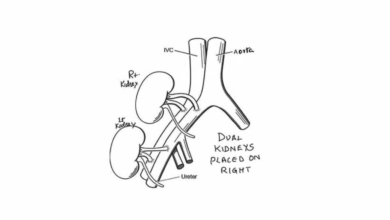Early detection can help treat Parkinsons disease, say docs

Doctors discussed Parkinson’s disease symptoms and how to live a healthy and active life ahead of World Parkinson’s Day, which is commemorated on April 11.
HYDERABAD: Doctors discussed Parkinson’s disease symptoms and how to live a healthy and active life ahead of World Parkinson’s Day, which is commemorated on April 11 to recognise the impact and heighten awareness of the disease.
Parkinson’s disease (PD) is a common neurodegenerative disease characterised by a movement disorder consisting of bradykinesia, rest tremor, and rigidity, along with postural instability, a range of other more-subtle motor features.
Dr Deepika Sirineni, senior consultant neuro physician, Apollo Hospitals said, “Patients with PD can find it difficult to understand spoken words, and facial expressions and also experience difficulty in speaking and demonstrating facial expressions.”
“Parkinson’s largely affects people in the age group of 60-70 years of age. Early signs of PD can be slowness in daily activity and movement, trembling in hands and legs and rigidity in the body. Parkinson’s is not a single entity but has other conditions which resemble PD. One is Typical Parkinsonism and the other is Atypical Parkinsonism,” said Dr Kandaraju Sai Satish, consultant neurologist and epileptologist, Yashoda Hospitals, explaining the early symptoms and types of the disease.
The distinction is critical because conventional Parkinsonism responds to the medicine, whereas atypical Parkinsonism advances rapidly. The majority of people have typical Parkinson’s disease, and these people can have a good quality of life with adjustment of medication along with physiotherapy, stated Dr Satish.
Doctors said that early detection could help in early treatment. MRI and blood chemistry reports will be normal in the case of Parkinson’s. Advanced treatments like deep brain stimulation can help. Doctors said Parkinson’s cannot be cured but only be abated with surgery and medication.
One of the contributing factors to Parkinson’s is pollution and an urban lifestyle that includes a lot of processed food. There is scientific evidence that pesticides increase instances of Parkinson’s, doctors said and recommended improving lifestyles and adopting a healthier way of living.
“In neurological disorders, patients take delayed actions to reach out to doctors as compared to other physical illnesses. The delay increases the severity of the disease. It is important to reach out to specialists promptly,” said Dr Shyam Jaiswal, consultant neurologist at Care Hospitals said.







